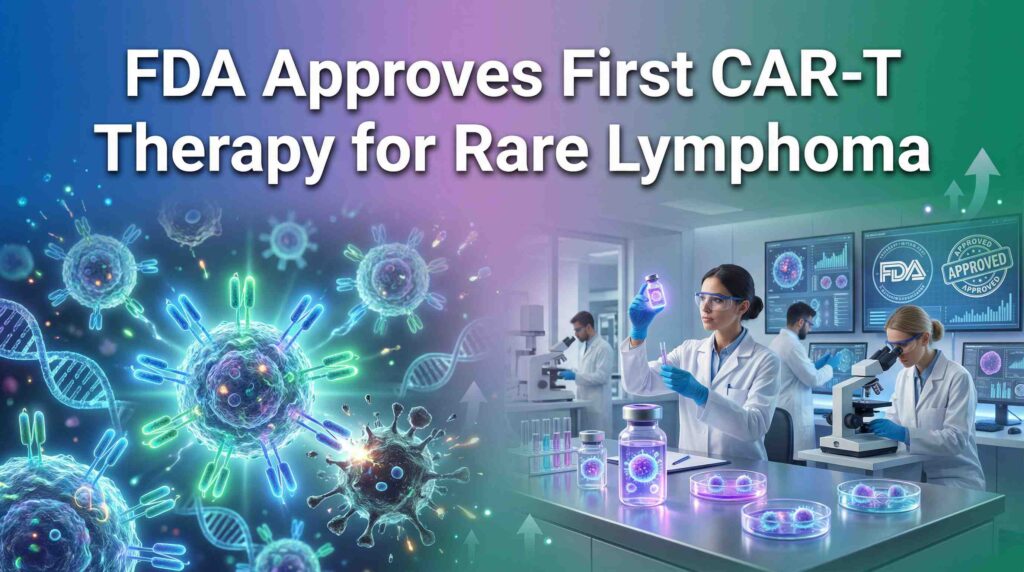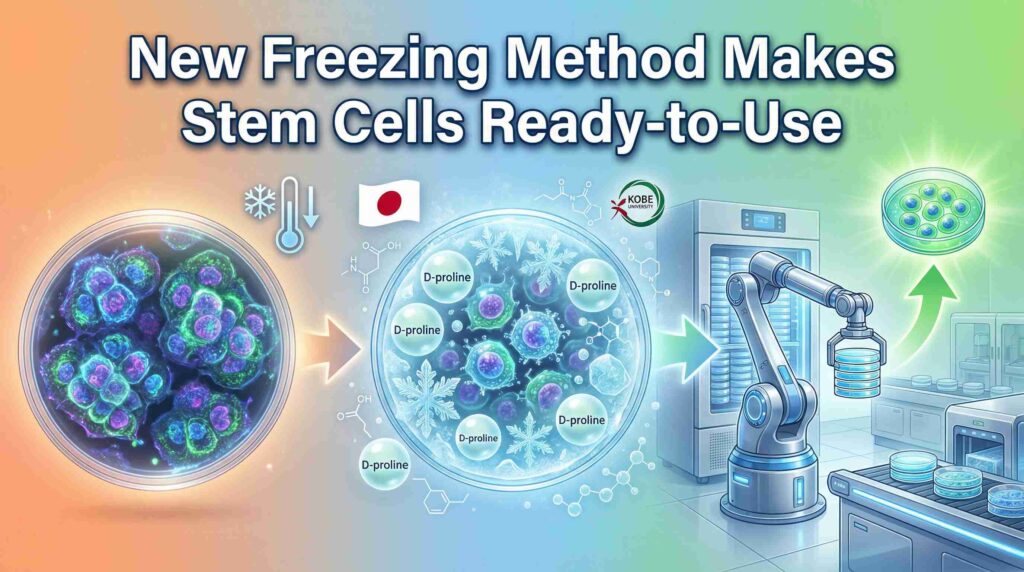Huntington’s Disease is a neurodegenerative disorder that affects movement, mood, and cognition. It is characterized by abnormal protein deposits in the brain. HD can be passed down from parent to child, or it may occur spontaneously. There is currently no cure for Huntington’s Disease, and it is often fatal.
Symptoms
HD is a progressive disease, meaning it gets worse over time. Symptoms usually start around age 30-50, but they can begin earlier or later in life. The first symptoms are often subtle and may not be noticed initially. As the disease progresses, symptoms become more severe and include involuntary movements (chorea), cognitive decline, and psychiatric problems. HD typically leads to death within 15-20 years of diagnosis.
Testing
There is no one test that can diagnose Huntington’s Disease. Doctors will often use a combination of genetic testing, neurological examination, and brain imaging to make a diagnosis. There is no cure for HD, but there are treatments that can help manage symptoms. These include medication, physical therapy, and psychological counseling.
Huntington’s disease (HD) is a rare, hereditary neurodegenerative disorder that causes death of brain cells called neurons.
Each child of an affected parent has a 50% chance of inheriting the faulty gene that causes HD.
If you or someone you know has Huntington’s Disease, it is important to seek out support and resources. The Huntington’s Disease Society of America (HDSA) is a great place to start. HDSA provides information and support for patients, families, and caregivers. They also fund research towards a cure for Huntington’s Disease.
Stem Cell Research
Below is a clip of Prof. Pierre Krystkowiak from his MCO presentation discussing the use of cell therapy in Huntington’s Disease and the research that is being done.
*** All content on NationalStemCellTherapy.com is for informational purposes only. All medical questions and concerns should always be consulted with your licensed healthcare provider.


